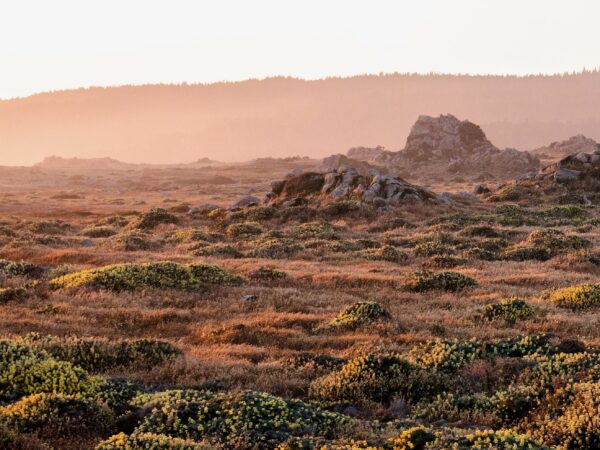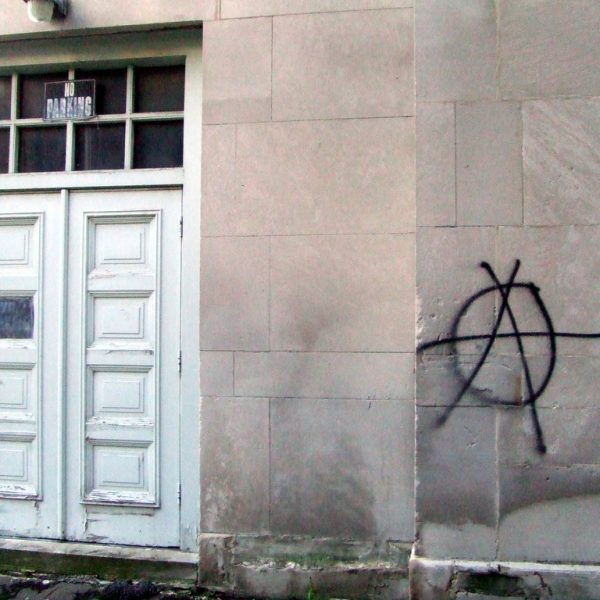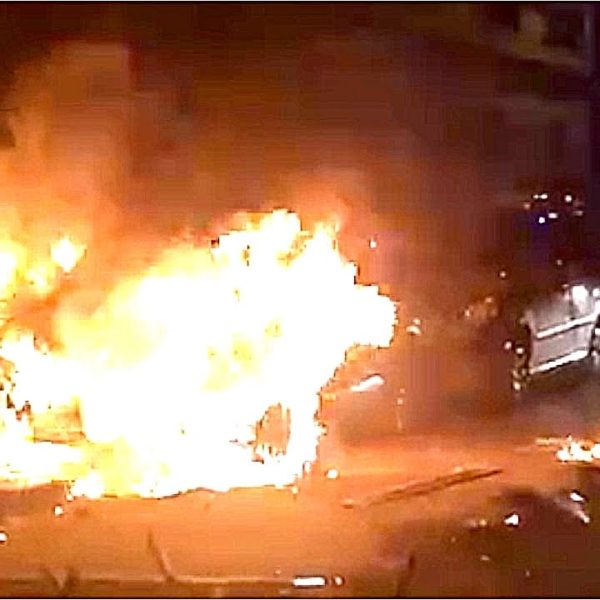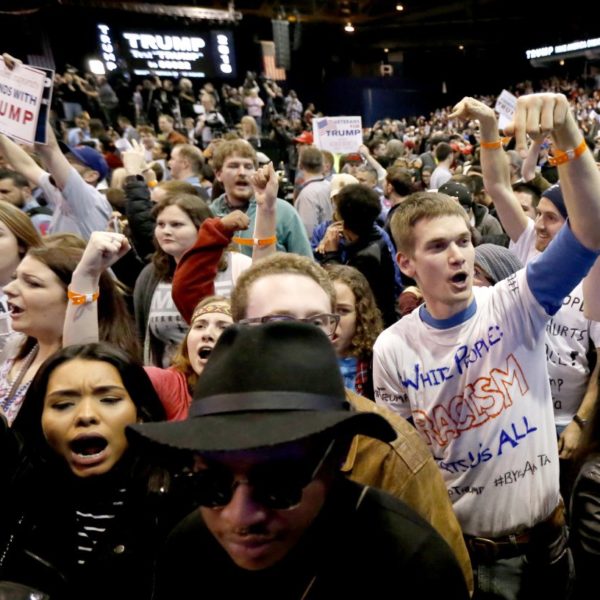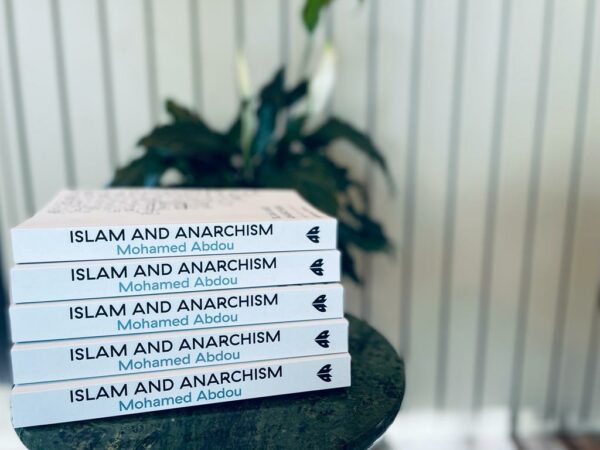
Discourses around Muslims and Islām often lapse into a false dichotomy of Orientalist/Fundamentalist tropes. A popular reimagining of Islām is desperately needed and anarchist political philosophical traditions offer the most towards this pursuit. By constructing a decolonial and abolitionist, non-authoritarian and non-capitalist Islāmic anarchism, Islam and Anarchism philosophically and theologically challenges authoritarian and capitalist inequalities in the entwined imperial context of so-called post-colonial societies like Egypt, and settler-colonial societies (the U.S./Canada) that never underwent decolonization and are symbolically, historically, and materially interrelated.
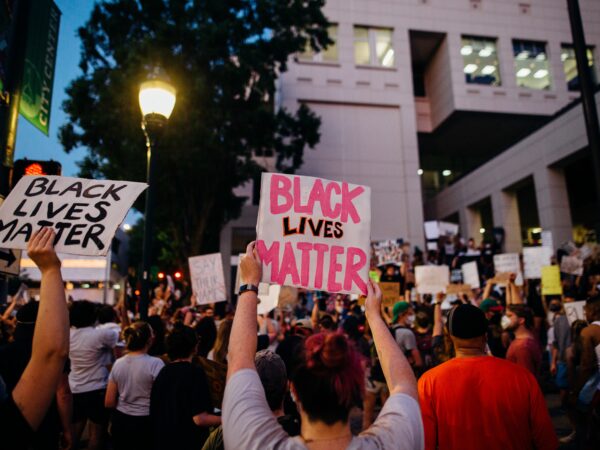
As the Catholic Worker movement confronts anti-Black racism more earnestly, questions arise about whether taking an active anti-racism stance can be reconciled with Catholic Worker anarchism, specifically when dealing with the state.
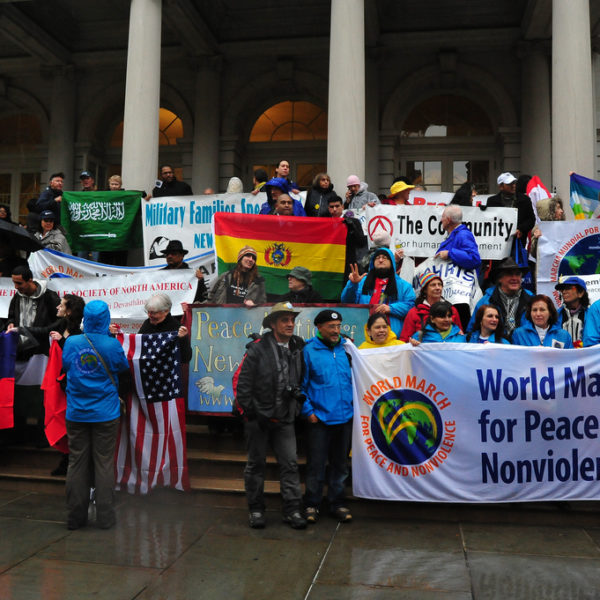
Apparently, nonviolence and democracy are strongly connected. Recent research suggests that nonviolent resistance campaigns are much more likely than violent ones to pave the way for “democratic regimes.” . . . But what, in the world, is democracy? The term resides in a restless spectrum, so perhaps the adjective democratic should be employed more than the noun.
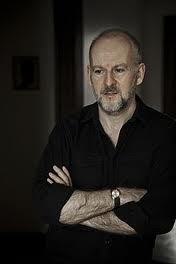
In this interview Simon Critchley discusses his new book, “The Faith of the Faithless: Experiments in Political Theology,” with Dave True of Political Theology. Along the way Critchley touches on an array of topics: his respect for religion, the experimental nature of free thought, what love has to do with a politics of resistance, the genius of the Occupy Movement, nonviolence and its limits, the wisdom of Antonio Gramsci, and the illusions of Marxism. Earlier responses to the book can be accessed….
